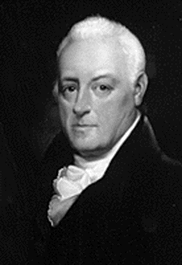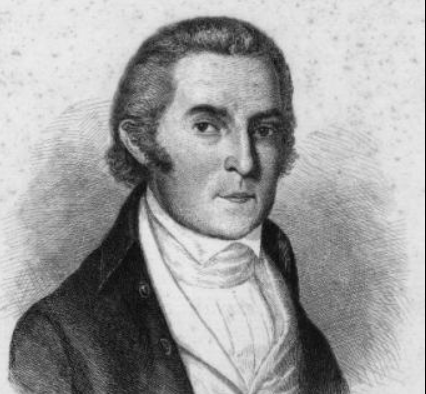Rawlins Lowndes Overrules The Stamp Act
Rawlins Lowndes was a Revolutionary Governor of South Carolina.
Lowndes was also active as one of his State’s leading Anti-Federalists.
Rawlins Lowndes
Rawlins Lowndes had pride in his British heritage for most of his life.
As a young lawyer, Lowndes was chosen to be Provost-Marshall of South Carolina. This position essentially made him head of the colony’s police. Rawlins continued in that office for a decade.
Lowndes was elected to the General Assembly in 1749 and would stay there until the American Revolution began. His most notable achievement during this time was his leadership in having a statue of William Penn erected.
Justice
Lowndes gained great respect from his contemporaries, eventually, Lowndes getting selected as a colonial Judge. One of the important cases he weighed in on supported the idea that legal documents were still acceptable whether or not they had a stamp.
This ruling was in direct violation of the Stamp Act.
Lowndes’ decision, in essence, declared the Stamp Act unconstitutional in South Carolina.
Still, Lowndes did not believe active resistance against the Mother Country was necessary. Quite the opposite, Rawlins considered this type of action dangerous to the well-being of the colonies.
Revolutionary
Despite his anti-war stance, Lowndes was still viewed as a defender of the rights of the colonists. As such, when the American Revolution began, he was selected to serve on the South Carolina Provincial Congress.
After independence was declared, Rawlins was chosen to sit on an eleven man committee which drafted the State’s first constitution.
After the new document was approved, Rawlins Lowndes was voted in as South Carolina’s Second President (Governor).
Governor
During his tenure, Lowndes oversaw adjustments which led to the State Senate being chosen by general elections.
Additionally, Lowndes was President of South Carolina when the young State removed the Church of England as their official State Religion.
This move had the benefit of removing British oversight from the colony. Also, it began the policy of separation of church and state. This was essential to building a modern republic.
Anti-Federalist
Lowndes served in the South Carolina House of Representatives for several years before attending the State Ratifying Convention.
At the Convention, Rawlins lobbied strongly against the Federal Constitution. He believed the centralized power would destroy the young United States. Despite his best efforts, the Constitution was approved.
The last office Lowndes held during the Founding Period was as Mayor of Charleston. As one of the most important ports in the southern United States, Lowndes time in this position gave him considerable influence in crafting economic policy during the months leading up to the new government.
If you like this article you might enjoy learning about William Moultrie and Thomas Pinckney who were also Governors of South Carolina.
The only biography of Lowndes, ‘The Rise of Rawlins Lowndes’ is extremely rare and very expensive. It was written in 1979 so there is no where you can go to read it for free. If you are extremely interested in this man, you can find it through our affiliate Amazon here. If you’re interested in something more affordable, I’ve put ‘The Anti-Federalist Papers’ below. This is the copy I have and every home should have one.






